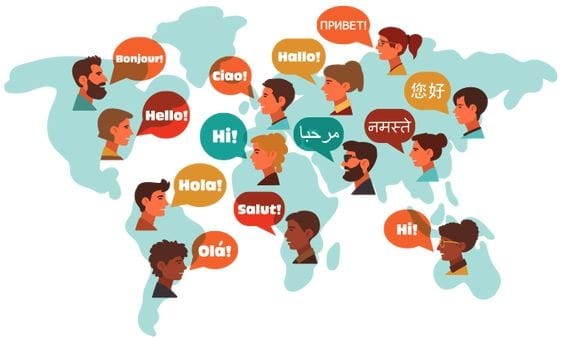The Economics of Sharing: How Open Ideas Drive Economic Growth

The economics of sharing represents a paradigm shift that challenges conventional notions of value creation, intellectual property, and economic growth.
The Emerging Collaborative Economy
The digital age has ushered in an unprecedented era of knowledge sharing. Platforms like Wikipedia, GitHub, and open-source software communities have demonstrated that collaborative efforts can produce innovations far more rapidly and effectively than traditional closed-system approaches. These platforms prove that when intellectual resources are freely exchanged, the collective intelligence of a global community can solve complex problems more efficiently than any single organisation.
Take, for example, the Linux operating system. Created through a collaborative model where thousands of developers worldwide contribute code, Linux has become a cornerstone of global computing infrastructure. What began as a small project by Linus Torvalds has evolved into a technological powerhouse that powers everything from smartphones to supercomputers, all driven by the principle of open sharing.
Knowledge as a Renewable Resource
Unlike physical resources that deplete with use, knowledge becomes more valuable when it is shared. Each contribution builds upon previous insights, creating a compounding effect of innovation. This concept is brilliantly explored in Margaret Heffernan's book "Wilful Blindness", which examines how sharing diverse perspectives can overcome institutional and individual blind spots, driving more robust economic strategies.
The podcast "Exponential View" with Azeem Azhar further illuminates this concept, discussing how collaborative models are disrupting traditional economic frameworks. Azhar consistently highlights how open innovation ecosystems generate more value than closed, proprietary systems.
The Digital Journal: A Tool for Collaborative Thinking
Physical and online journals have emerged as critical tools in this new economic landscape. They provide structured platforms for individuals to document, share, and build upon ideas. A digital journal is more than just a personal record—it's a potential catalyst for collective intelligence.
Benefits of Shared Journaling:
- Transparent knowledge transfer
- Opportunity for cross-disciplinary insights
- Real-time collaborative learning
- Democratisation of intellectual resources
Breaking Down Economic Barriers
The sharing economy challenges traditional economic barriers by:
- Reducing entry costs for innovation
- Enabling global collaboration
- Creating more inclusive economic participation
- Accelerating problem-solving through diverse perspectives
Platforms like GitHub demonstrate how shared repositories can transform entire industries. Developers from different continents collaborate seamlessly, creating software solutions that would be impossible within traditional corporate structures.
Practical Implications for Businesses
Forward-thinking organisations are recognising that closed innovation models are becoming obsolete. Companies like Google and Spotify have integrated open-source principles into their core strategies, understanding that shared knowledge accelerates technological advancement and economic growth.
Challenges and Considerations
While the economics of sharing presents immense opportunities, it also introduces challenges:
- Ensuring fair attribution
- Managing intellectual property rights
- Maintaining quality control
- Developing sustainable collaboration models
These challenges are not insurmountable but require thoughtful approaches and robust governance frameworks.
The Global Impact
As we move towards a more interconnected world, the economics of sharing represents more than just a technological trend—it's a fundamental reimagining of how value is created, distributed, and expanded.
By embracing open ideas, we're not just sharing information; we're creating a global ecosystem of innovation that transcends traditional economic boundaries.
Call to Action
Ready to be part of this transformative movement? Join our online journal community at Sharings.Me!
Connect with global thinkers, share your insights, and contribute to the collaborative knowledge economy. Your ideas have the power to drive economic growth, challenge existing paradigms, and create meaningful change.
Visit Sharings.Me today and start your sharing journey!
Disclaimer: The views expressed are the author's interpretation of collaborative economic models and do not represent absolute economic theory.




